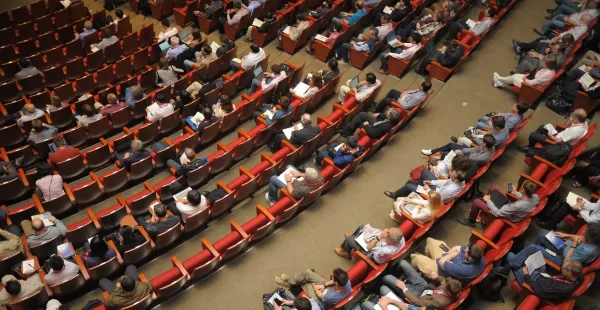051 8439995, 042 35911332

According to university peak bodies, international students are being unfairly targeted in political disputes over migration, as the government considers limiting student numbers.
Things You Will Find In This Page
Universities Australia’s Response to Education Policy Changes
Luke Sheehy, the chief executive of Universities Australia, voiced his opposition to the proposal during a parliamentary hearing on the education reforms. He stated that the changes were being expedited for political advantages in immigration policies before the upcoming election.
The proposed legislation would allow the federal government to limit the number of international students who can enroll in a course, with the potential to increase these limits if additional accommodation is provided.

While the government argued that the changes were necessary to prevent the exploitation of international students by education providers, Mr. Sheehy contended that the issue wouldn’t be resolved within universities.
Impact on the Private Rental Market
“International students constitute only four percent of the entire private rental market. Utilizing students as pawns in a politically driven battle over migration and housing doesn’t make sense,” he stated during the inquiry on Tuesday.
“We believe the bill, as currently written, is more of a political cover than a tool for effective policy.”
Previously, the Home Affairs Department noted an increase in “non-genuine students and unscrupulous providers” exploiting the sector as a means to enter Australia.
Vicki Thomson, the chief executive of the Group of Eight, representing some of Australia’s top universities, stated that these dubious providers were not found in universities.
“Migration is becoming a significant issue leading up to the federal election, and the university sector is being unfairly targeted,” she said.
“The proposed laws are severe, intrusive, and could harm the economy.”
Business groups have also opposed the proposed changes. The Australian Chamber of Commerce and Industry argued that the crackdown on providers was harming the reputation of legitimate operators.
Economic Consequences of Limiting International Student Enrollments
The chamber’s skills director expressed concerns that unethical providers would persist.
“We are concerned that the language surrounding this bill is too vague, suggesting an automatic link between being privately owned and being dishonest and unethical,” she told the committee.
“This bill, as currently drafted, seems to build on these incorrect assumptions and risks penalizing legitimate providers while hindering new market entrants.”
Wendy Black, the executive director of the Business Council of Australia, mentioned that imposing a cap on student numbers would reduce investment in domestic student education at universities.
“Revenue from international students is crucial for the overall functioning and opportunities provided to domestic students,” she stated.
“Operating costs have risen by about 25 percent over the past decade, and universities have had to bridge that gap.”
Balancing Reforms and Growth in Higher Education
Mr. Sheehy pointed out that capping enrolment numbers from overseas could result in 60,000 fewer international students at Australian universities.
“This would lead to a $4.3 billion loss to the economy and could cost the university sector over 14,000 jobs, not to mention the ripple effect on small businesses that heavily depend on international students.”
While Mr. Sheehy supported parts of the reforms aimed at cracking down on unethical providers, he argued that capping international students was not the solution.
“Many universities can grow and continue to contribute to their local communities,” he told reporters in Canberra. Later on Tuesday, universities, business groups, unions, legal experts, and the department will provide evidence to the parliamentary committee reviewing the bill.
